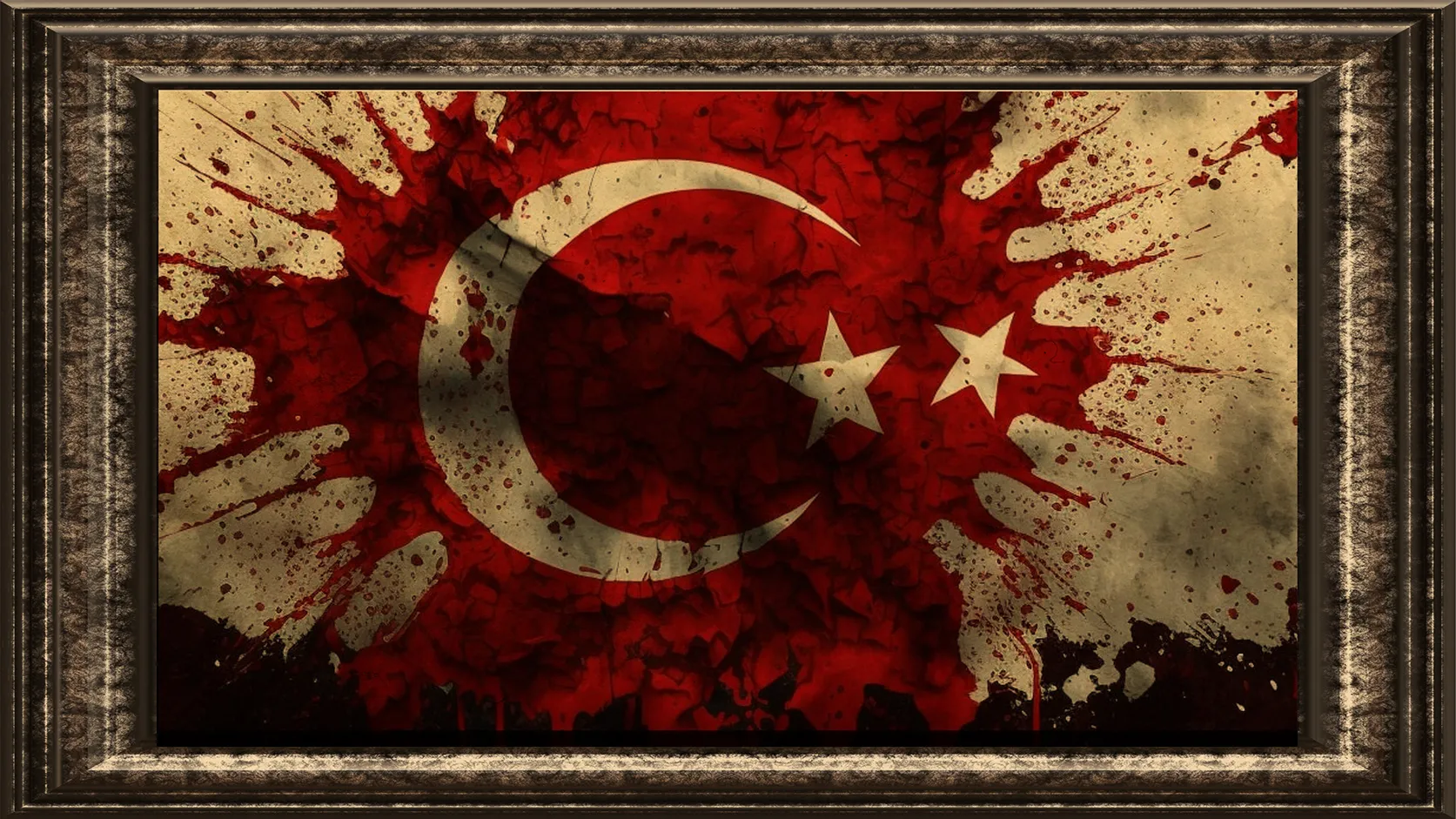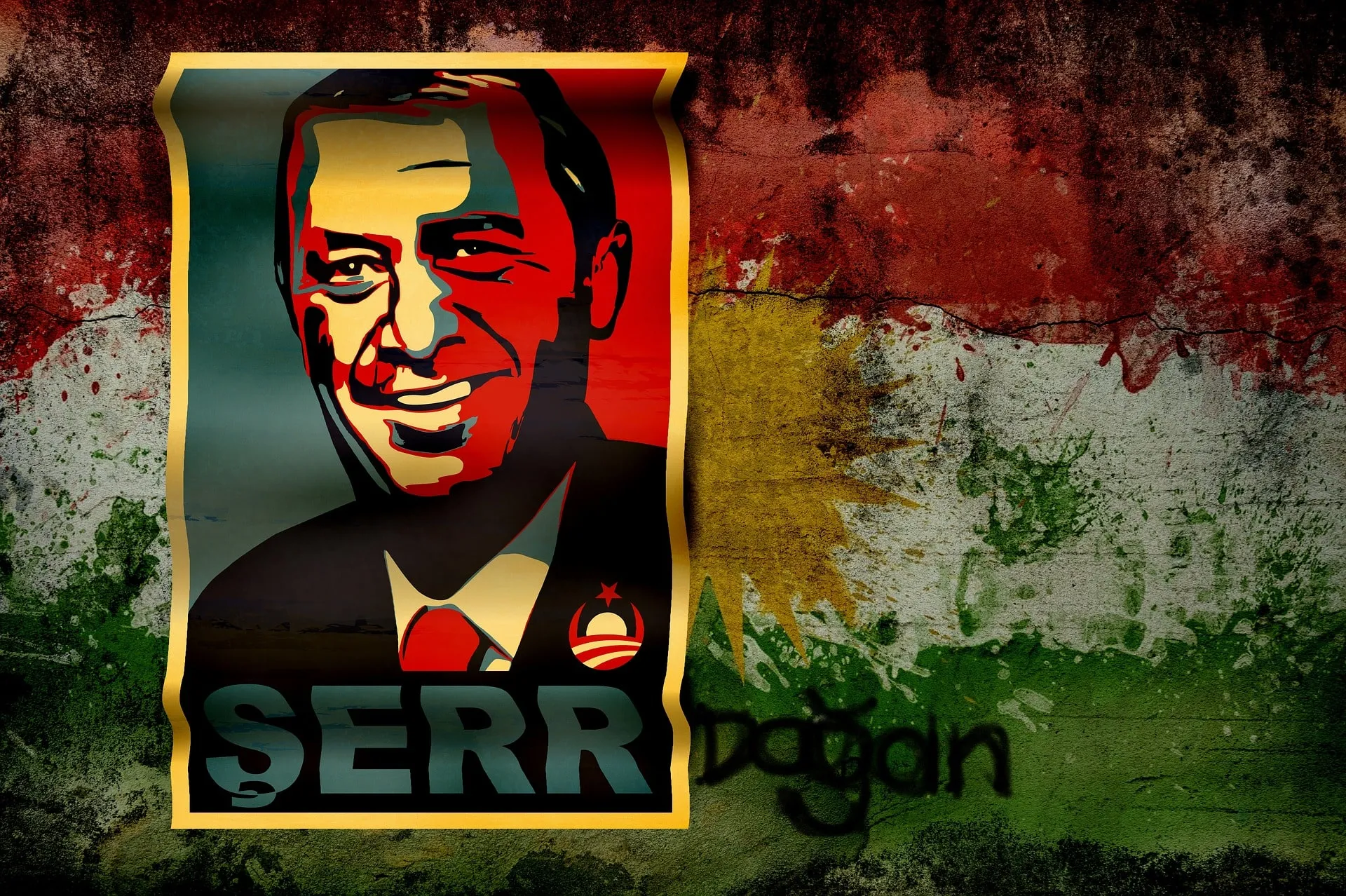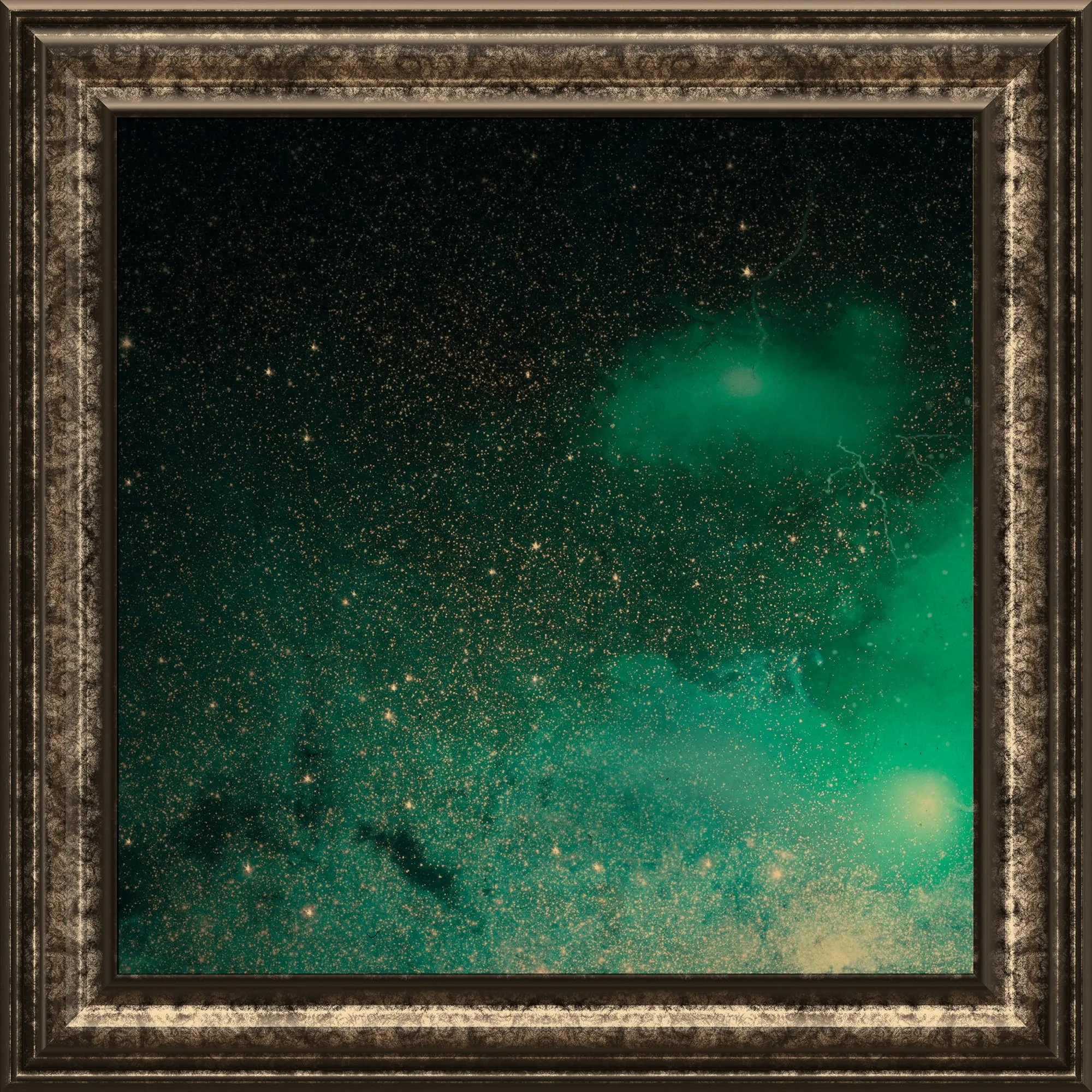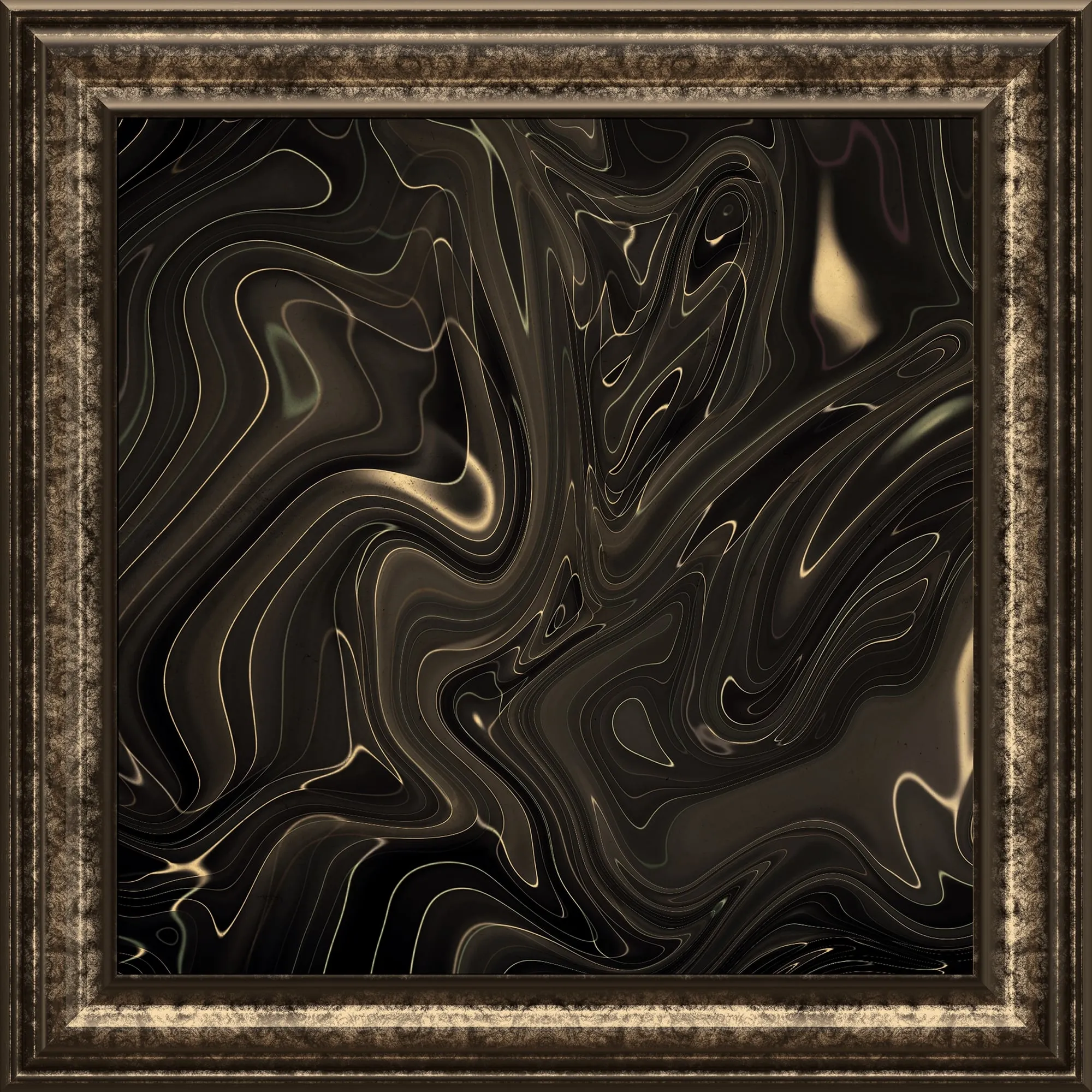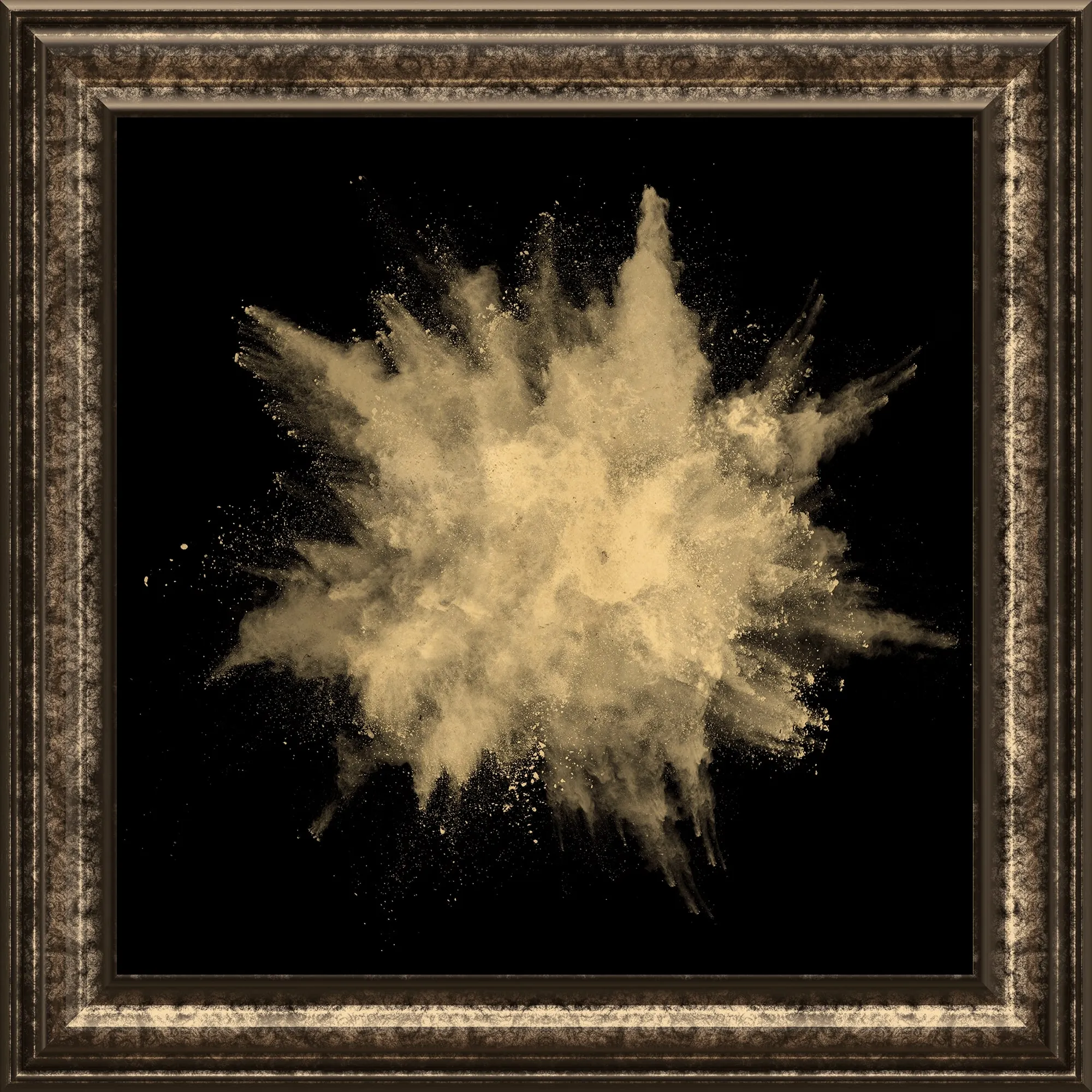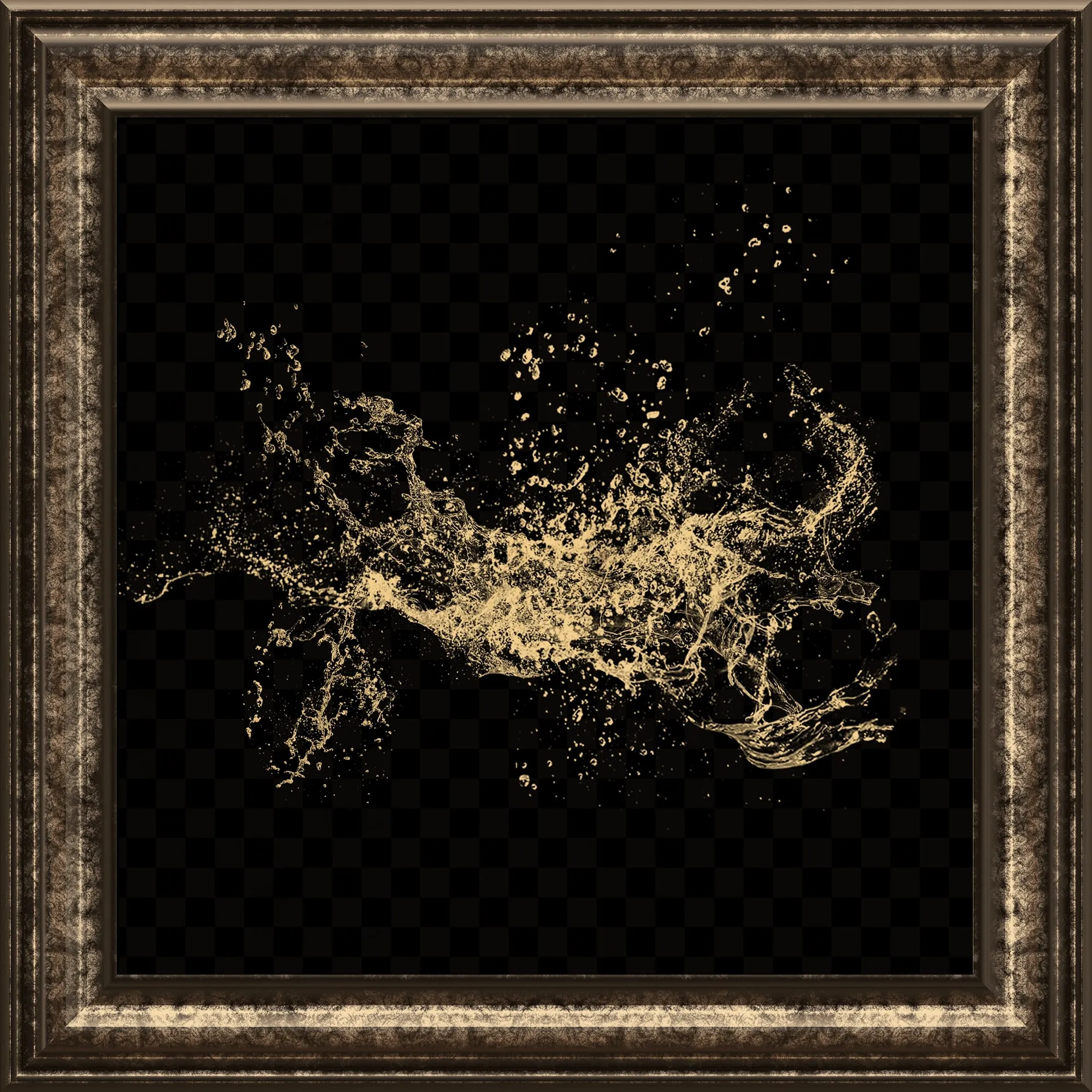Chapter I: Entry into the vessel
The first stage of spiritual alchemy is knownto alchemists as the Prima Materia.According to alchemists, this is the substance from which all matter iscomposed. So in a person's life, early life experiences—the prima materia—havea profound effect on shaping the personality, behaviors, attitudes, andpotential of that person. This is also known as the “first matter,” thesubstance from which the philosopher's stone is created, or even the stoneitself. The alchemists' initial encounter with theprima materia is characterized by feelings of frustration, bewilderment,disassociation, and disintegration (Johannes Fabricius, 1976).
When someone who represents the voice of theordinary people enters into an agreement with the people to take them out ofcrisis/ oppression and towards greatness.Using Erdogan of Turkey to illustrate, thissection describes a typical event that would lead a strongman to enter into thevessel of collective transformation. It shows how each strongman's innatedesire to assist a large part of their own collective to become free from localand global oppression joined forces with their own individual propensity forleadership and power. This chapter looks at how these two innate elementswithin one man joined forces to kickstart jumping wholeheartedly onto thevessel of transformation.
Strongmen are made when they are young, whenthey are exposed to the grandeur and power that privilege gives them. Such anindividual can be born into any given circumstance, but mostly into a situationwhere a stark polarity is experienced. Whether it be that in infancy, thefamily loses the status they once had, or that they, within their personallimitations, were surrounded by a disproportionate amount of wealth on theirdoorstep, so to speak—not necessarily grand, but having grandness presented tothem at times when they were searching for self-worth. Not necessarilythemselves born of the elite, N’archetypal leaders have the standards of theelite imprinted as the key to success. Established either by culturalimpression or firsthand as a witness, the eventual leader has the image ofthemselves at the center, set from their earliest memory.
It's common for strongmen or people with anatural tendency to lead to come to power during tumultuous times when thesystems around them aren't working well. This makes it easy to exaggerate theworth and achievements of the heroes they become. This creates an atmosphere ofexaggerated tales, constructed mythologies, personality cults, and hystericalallegiances. The complexities of youth that transcend personal circumstancesare connected to the great issues of society, with consequent adolescentresponses. Most strongmen continue this teenage attitude for the rest of theirlives. The common message of the future or fledgling strongman is the need fora leader to raise the people to power, not just to succeed but to win controlover others, and it gradually dawns on them that the leader should be them.
